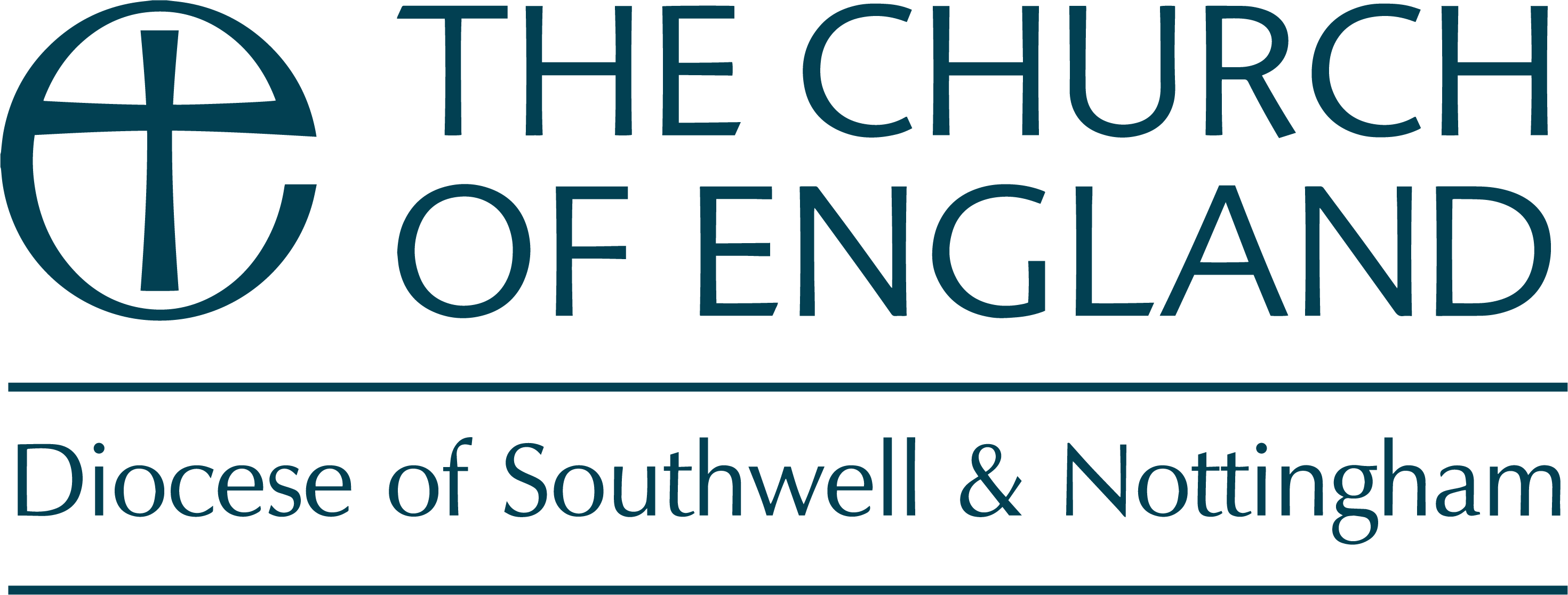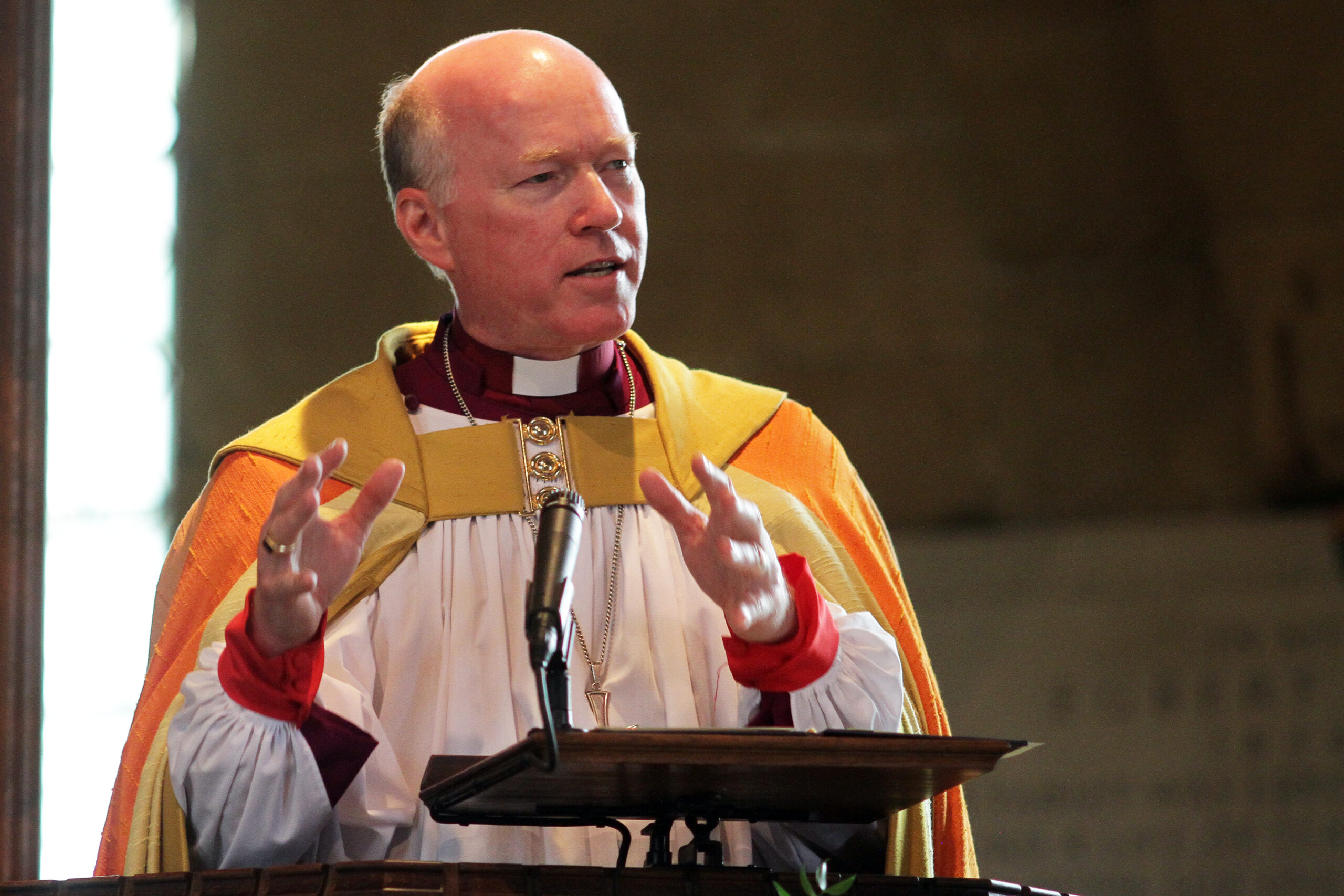Bishop Paul’s Sermon for the Service of Celebration of the King’s Official Birthday
Sunday 15th June, Southwell Minster
My text for this sermon is 1 Peter 2:16:
“Live as free people, but do not use your freedom as a cover-up for evil…Show proper respect to everyone…”
There’s a little volume called ‘The All Better Book’ in which children try to solve some of the world’s most challenging problems, like what to do about global warming, how to stop wars and so on. And here’s one of the toughest questions they faced:
‘With billions of people in the world, someone should be able to figure out a system where no one is lonely. What do you suggest?’
Here are some of the answers the children gave.
Kalini, age 8 wrote: ‘People should find lonely people and ask their name and address. Then ask people who aren’t lonely their name and address. When you have an even amount of each, assign lonely and not lonely people together in the newspaper.’ Obviously a girl with a gift for administration.
Max, age 9 wrote: ‘I think we should make food that talks to you when you eat. For instance, it could say, ‘How are you doing?’ and ‘What happened to you today?’ Very creative idea, but slightly disturbing to have your food talking to you.
Then Matt, age 9 wrote: ‘We could get people a pet or a husband or a wife and take them places.’ Rather interesting view Matt’s got about marriage!
But the most touching response by far came from Ben, age 8: ‘Sing a song. Stomp your feet. Read a book. Sometimes I think no one loves me, so I do one of these.’
‘With billions of people in the world, someone should be figure out a system where no one is lonely.’
And for centuries, some of the smartest grown-ups who ever lived have devoted themselves to this problem. It’s also why so many of our stories, poems, plays and movies are about the longing to experience community and connection on a deeper level. You won’t be surprised to hear me say this is what God made us for – for relationship with one another and with God.
But we live in a world of painfully fractured relations, globally and closer to home, even in our own hearts.
‘With over 1m people living in this county, someone should figure out a system where no one is lonely.’
This is what many of us here today commit our best energies towards seeking. But the young are not only astute observers, they are vital to creating a vision of society that’s not defined by building high walls of protection but digging deep foundations of principle and strong bridges across the yawning divides that threaten to destroy real community – whether in family life, which remains the bedrock of a healthy society – or between rich and poor, or across racial, cultural and religious differences.
This is why we need to redouble our efforts nurturing the hopes and ambitions of a rising generation who will help address the world’s most challenging problems: who will be bold in the face of the forces that are compounding a sense of isolation.
Peter writes, “Live as free people, but do not use your freedom as a cover-up for evil…Show proper respect to everyone…”
It really matters what we do with the freedom that is given to us and that we prize so dearly.
Too many leaders set out with good intentions, but find themselves overwhelmed by the needs around them and irresolvable issues, so much so that we end up of leading out of fear, rather than with hope and love.
Jesus shows what it looks like to use your power and freedom to set other people free – and to serve their deepest need for meaning and love and belonging. That was his charter in our Gospel reading. But it would be nothing more than fine sounding yet empty piety, if not backed up by costly action.
For Jesus it cost everything – his very life laid down on the Cross. It was the only way to break the power of the forces that endlessly tear us apart, leaving our world and our lives in broken pieces. Jesus also shows us a way to break through the endless cycle of recriminations, bitterness and resentment: by the power of forgiveness. And it’s not by requiring anyone to deny the pain or overlook the injustice – quite the opposite. Archbishop Desmond Tutu expressed it like this:
“Forgiving and being reconciled to our enemies or our loved ones are not about pretending that things are other than they are. It’s not about patting one another on the back and turning a blind eye to the wrong. True reconciliation exposes the awfulness, the abuse, the hurt, the truth. It could even sometimes make things worse. It is a risky undertaking but in the end it is worthwhile, because in the end only an honest confrontation with reality can bring real healing. Superficial reconciliation can bring only superficial healing.”
It’s been said that ‘Superficiality is the curse of our age’. It is no surprise therefore that a rising generation are increasingly hungry for deep – deeper connection, deeper meaning, deeper faith, deeper change for our world. But this is only possible when we are set free from fear and unforgiveness, in order that we may use our freedom to serve, even when it costs us all we have.
Knowing God is with you and for you makes all the difference in the world, for by his power and love our hearts can remain free and alive even through the worse storms we may yet face.
As we mark the King’s birthday and give thanks for his dedicated service in the face of his own sickness and suffering, let us continue to strive together to nurture the aspirations and potential of rising generations to create a society in which no one is lonely or afraid.



